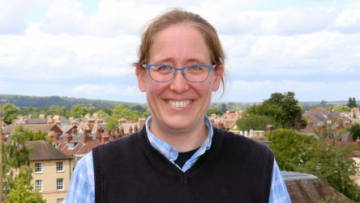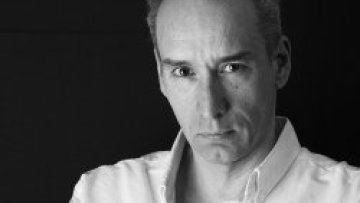Optimisation on Probability Distributions - Are We There Yet?
Abstract
Several interesting and emerging problems in statistics, machine learning and optimal transport can be cast as minimisation of (entropy-regularised) objective functions defined on an appropriate space of probability distributions. Numerical methods have historically focused on linear objective functions, a setting in which one has access to an unnormalised density for the distributional target. For nonlinear objectives, numerical methods are relatively under-developed; for example, mean-field Langevin dynamics is considered state-of-the-art. In the nonlinear setting even basic questions, such as how to tell whether or not a sequence of numerical approximations has practically converged, remain unanswered. Our main contribution is to present the first computable measure of sub-optimality for optimisation in this context.
Joint work with Clémentine Chazal, Heishiro Kanagawa, Zheyang Shen and Anna Korba.
Congratulations to Alain who has been awarded the 2025 LMS/IMA David Crighton Medal. The award recognises his deep and influential mathematical insights into mechanical and biological processes and materials, his support of early career mathematicians, and his contributions to the public understanding of mathematics and its applications.
Congratulations to Oxford Mathematician Alain Goriely who has been awarded the 2025 LMS/IMA David Crighton Medal. The award recognises his deep and influential mathematical insights into mechanical and biological processes and materials, his support of early career mathematicians, and his contributions to the public understanding of mathematics and its applications.



